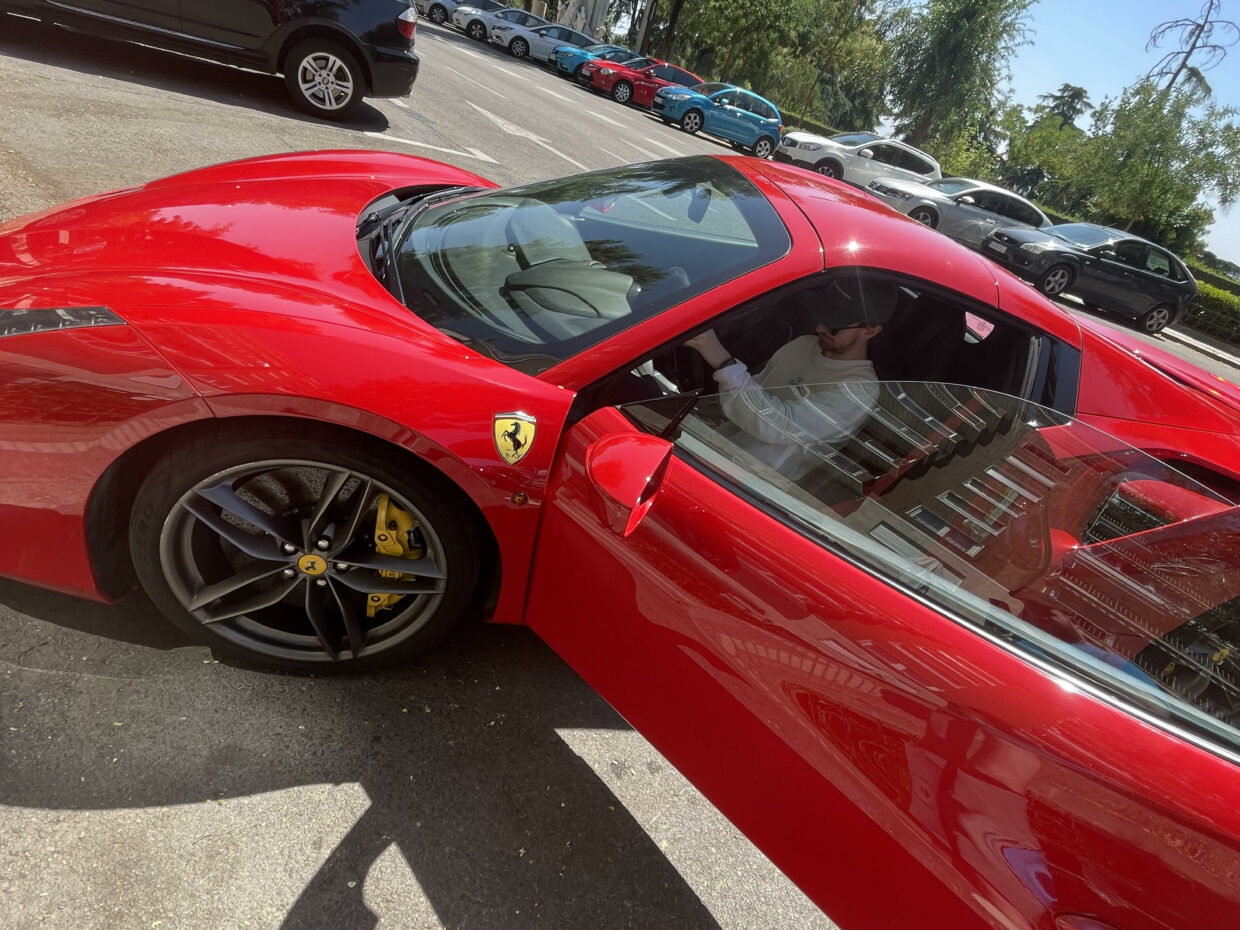A lot of people enjoy a pie without knowing what goes into the preparation. Like baking a pie, music production involves a lot of work that most people don’t realize. Edward Bruce unveils the behind-the-scenes world of music production.
Bruce is an award-winning executive music producer and the founder of Tuigse Music Group (TMG). He has worked with various brands, such as Redbull and the BBC, and artists, including UK rapper Shogun; he executive produced Shogun’s release with Dizzee Rascal. He has achieved millions of streams of his label’s releases.
Before joining the music industry, Bruce created gaming content. However, four years ago, he decided to expand his career and started TMG.
According to Bruce, music production is more than just putting out good music. His job is to ensure everything goes according to plan, from sound engineering to video production and the coordination of each team.
When Bruce joined the music industry, he wanted to help young talents with their digital presence and provide personalized services. His label now provides talent management and has a creative team that caters to digital solutions, videography, and graphic design. In addition, they provide their own in-house distribution.
In a profession where each day is a new adventure, Bruce says, “It can be quite challenging to plan your day in advance as you never know what to expect.” For instance, he explains that some musicians will have a detailed plan of how they want the song to flow; others only have the lyrics. After analyzing the draft, Bruce oversees the next stage which is the composition. “In this stage, one of the focuses is building a beat that supports your rhythmic ideas,” says Bruce.
As someone who considers music a language and a way to express emotions, the next stage is crucial. Bruce explains that the arrangement involves organizing the song structure from the introduction to the outro. Different instruments bring a different feel to the music. “Adding or subtracting instruments or beats may build or reduce tension,” notes Bruce. When arranging a song, his focus is on what to increase or decrease. Bruce explains that they check on the transition, fills, and duration of the song.
“What follows is production,” says Bruce. Production entails sound design and video production. First, concentrating on audio production, he works on editing the samples, ensuring proper sound effects, and checking for issues that may cause problems in the mixing stage. The second part is video production, and Bruce notes that most artists prefer to release the audio first and the music video later.
Once the production is completed, they now combine the bits and pieces to create a complete song, something he refers to as audio mixing. Seeing that TMG Group does in-house distribution, Bruce masters the audio at the final stage, and they then proceed to distribution.
Music production is undoubtedly a complex process and requires a lot of hard work and team effort to achieve great results.
